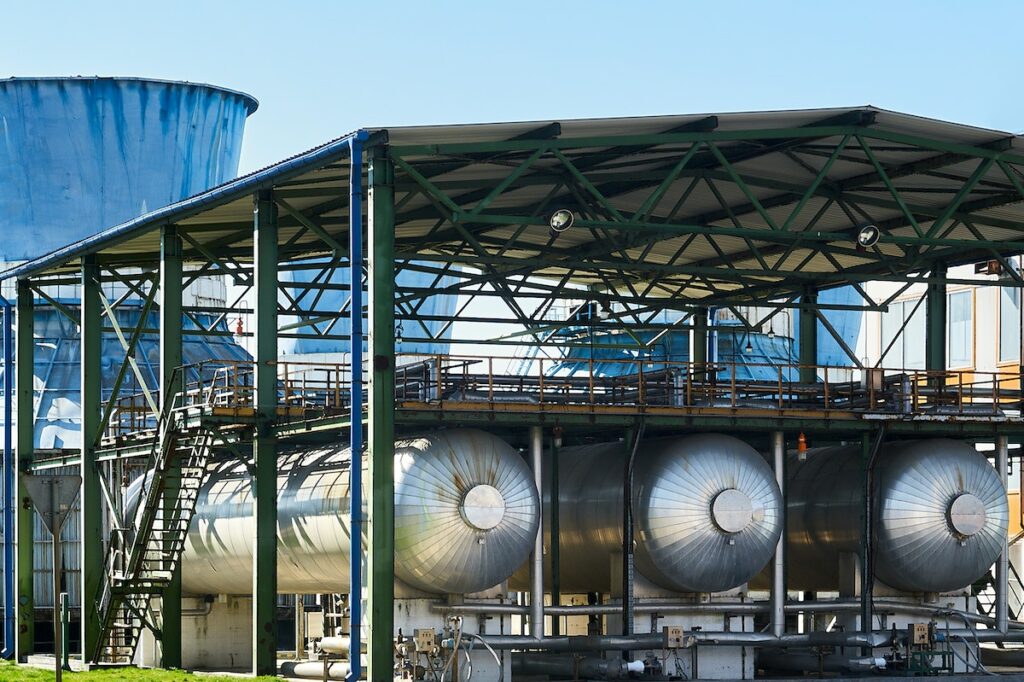Belgium and Denmark, in collaboration with Flanders, have signed an agreement in which both countries commit to accelerate and strengthen their cooperation to roll out a technique to help reduce CO2 emissions.
The agreement centres around CCUS, a technique whereby CO2 is captured at an industrial installation and subsequently stored in the ground or reused as a building block in other industrial processes Belgium and Denmark are now looking to strengthen their cooperation on CO2 capture and storage.
"Developing new ways to reduce carbon emissions is vital for the future of our planet. The sea can play a crucial role in this. Not only has it always been important in regulating our climate. But also through the possibilities of carbon capture, use and storage," Vincent Van Quickenborne, Federal Minister for the North Sea, said.
On Tuesday, Flemish Energy Minister Zuhal Demir and Van Quickenborne signed a declaration of intent with Danish Energy Minister Dan Jørgensen to cooperate on the development and rollout of CCUS techniques, which both parties said is essential to the success of CCUS.
Tweet translation: "I just signed an agreement with Denmark to capture CO2 emissions and store them in their undersea empty gas fields, together with my colleague Zuhal Demir. A technology of which the chemical sector in Antwerp is a worldwide pioneer."
Long road ahead
In early April, the European Commission signed an investment agreement of €356 million for the Kairos@C project, an initiative by chemical companies in Antwerp to develop the infrastructure to capture and store carbon emissions in empty gas fields, with the aim of reducing their emissions by 14 million tonnes over the next ten years.
However, overall, Flanders itself has few possibilities for storing CO2 emissions in the soil, which is why the region is working with Denmark, which has gas fields with great potential for storing it. In the long term, the reuse of large quantities is the goal.
"Several companies in Flanders are already using CCUS today to reduce their footprint. Good cooperation between Flanders and Denmark supports and stimulates these developments," Demir said.
Related News
- Forest fires in Europe caused the highest emissions in 15 years
- Debate reignited over kerosene tax as private jets hit skies again
According to the International Energy Agency (IEA), skyrocketing emissions from industry sectors — which produce one-quarter of global CO2 emissions — will increasingly need to be targeted "if global climate goals are to be achieved."
It noted that CCUS is one of the few technology options that can significantly reduce direct CO2 emissions and that climate goals and a more attractive investment environment have spurred such projects, more global government support is needed to put CCUS and other clean-energy investments on track to achieve net zero ambitions.

